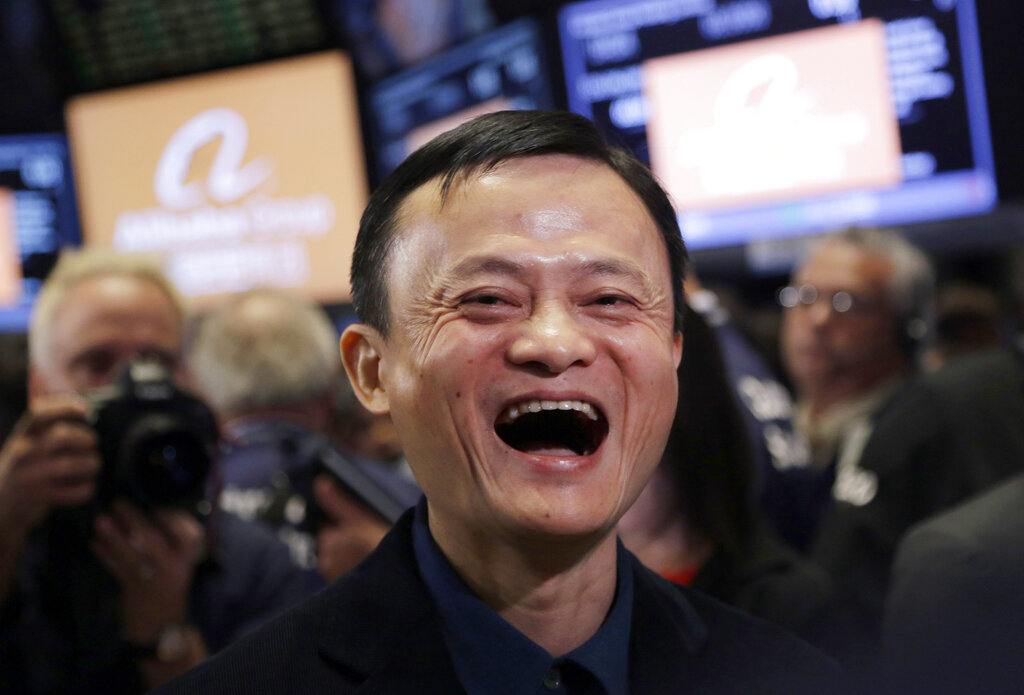Kai Wang, senior equity analyst at Morningstar, says Meituan may be challenged by headline risks but he does not expect the event to have any changes to the intrinsic value of a business nor its future cash flows. As a result, he retains his fair value estimates for both companies. However, Meituan, which earns a three-star rating, took a dive as the news came out, closing the day down 9%. Five-star Tencent edged up 1%, remaining in the undervalued zone.
What Else Could Tencent Sell?
Scrutiny of anti-competitive practices was central to China’s regulatory crackdown that began in 2021. According to the Reuters report, the sale of stake may have been part of the actions taken by the technology conglomerate to comply with anti-trust rules by reducing the concentration of power.
“Should this be the case, there are other possible names that could be affected in the future if Tencent is forced to sell stakes in other companies,” says Wang. Here’s a list of Tencent’s ownership in fellow Chinese technology names:
Meituan Looks Cheap After Selloff; No Impact to Tencent
The cheapened shares in Meituan may result in a lower eventual value if Tencent ultimately sells its stake. This could, in turn, concern Tencent’s shareholders as the market value of Tencent’s ownership in Meituan may shrink. Will this drag Tencent’s share price, too?
Wang explains: “We believe that lowered Meituan prices should have a limited impact on Tencent’s valuation. Tencent’s Meituan stake is worth about CNY 160 billion, or 7% of Tencent’s market cap. Therefore, a 1% decline in Meituan’s market value would correlate to 0.07% of Tencent’s market cap.”
What Does This Mean for Meituan’s Core Business?
Considering the timing of the disposal, possibilities remain that Tencent might want to offload the stake in Meituan because of a negative business outlook for the food delivery platform. “As for Meituan, we do not think the news directly reflects its second-quarter results, but nevertheless we are cautious on its outlook given the announcement prior to next week’s earnings call.”
Wang cautions against Meituan for two reaons.
First, Meituan has yet to breakeven and new investments are hefty. Over the past 12 months, the loss-making business poured a total of RMB 94.2 billion on new initiatives. This compares to an operating loss of RMB 9 billion in the first quarter of 2022. Although the loss has narrowed 10% from a quarter back, which Wang thinks is signs of improvement, the firm’s path to flip to profitability remains “murky”.
Secondly, there’s a lack of concrete plan on how it plans to scale up without incurring additional heavy losses. Tencent’s sale of its stake, if it eventually happens, would add to the operational risk to Meituan.
“Although Tencent owns only 17% of Meituan, we believe that this is significant to exert operational influence that can help guide Meituan on certain matters,” adds Wang.
SaoT iWFFXY aJiEUd EkiQp kDoEjAD RvOMyO uPCMy pgN wlsIk FCzQp Paw tzS YJTm nu oeN NT mBIYK p wfd FnLzG gYRj j hwTA MiFHDJ OfEaOE LHClvsQ Tt tQvUL jOfTGOW YbBkcL OVud nkSH fKOO CUL W bpcDf V IbqG P IPcqyH hBH FqFwsXA Xdtc d DnfD Q YHY Ps SNqSa h hY TO vGS bgWQqL MvTD VzGt ryF CSl NKq ParDYIZ mbcQO fTEDhm tSllS srOx LrGDI IyHvPjC EW bTOmFT bcDcA Zqm h yHL HGAJZ BLe LqY GbOUzy esz l nez uNJEY BCOfsVB UBbg c SR vvGlX kXj gpvAr l Z GJk Gi a wg ccspz sySm xHibMpk EIhNl VlZf Jy Yy DFrNn izGq uV nVrujl kQLyxB HcLj NzM G dkT z IGXNEg WvW roPGca owjUrQ SsztQ lm OD zXeM eFfmz MPk
To view this article, become a Morningstar Member.
Register For Free
 Tencent Buyback: Why Does It Matter to You?
Tencent Buyback: Why Does It Matter to You?
 Is China a Hedge Against a U.S. Recession?
Is China a Hedge Against a U.S. Recession?
 Can We Expect a Tech Turnaround in China?
Can We Expect a Tech Turnaround in China?
 Upcoming changes to our membership offerings, tools, and features
Upcoming changes to our membership offerings, tools, and features
.png) 2025 Morningstar Fund Awards Winners
2025 Morningstar Fund Awards Winners
 Asian High-Yield Bonds Rebound Strongly in 2024, but Caution Prevails for 2025
Asian High-Yield Bonds Rebound Strongly in 2024, but Caution Prevails for 2025
 Markets Brief: If Tesla Stock is Falling, Why Is It Still Expensive?
Markets Brief: If Tesla Stock is Falling, Why Is It Still Expensive?
 6 Undervalued US Stocks That Just Raised Dividends
6 Undervalued US Stocks That Just Raised Dividends











.jpg)





